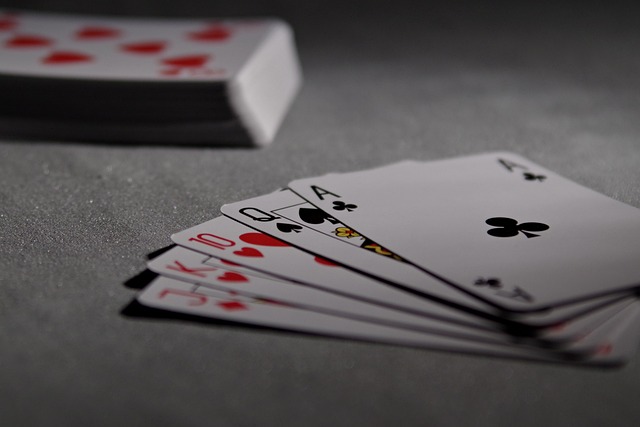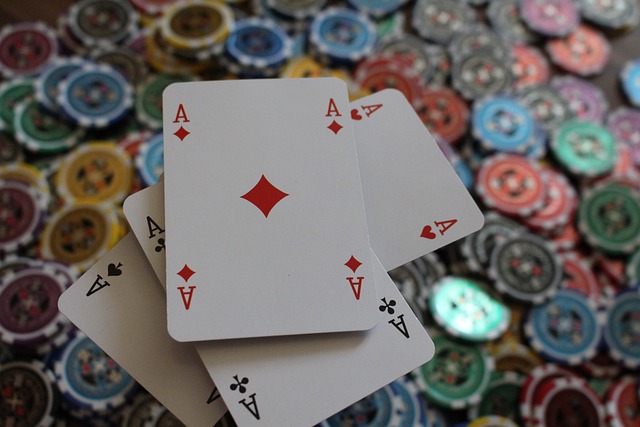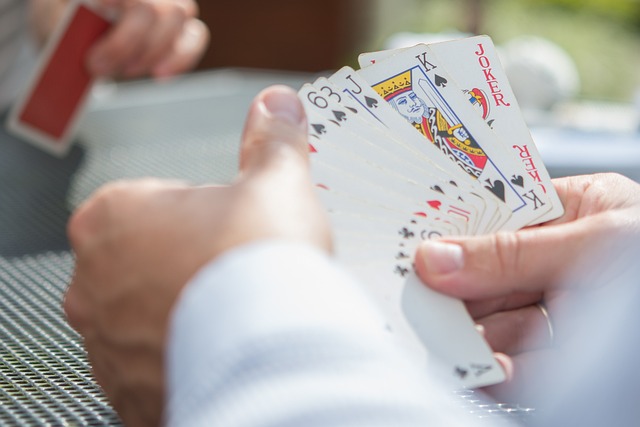Roulette is one of the most iconic casino games, known for its spinning wheel, colorful numbers, and simple rules. Despite its apparent simplicity, the game is grounded in precise mathematics that determine your odds of winning and the house edge. Understanding the math behind roulette can help players make informed decisions and manage their expectations.
How Roulette Wheels Are Structured
Roulette wheels typically come in two main types: European and American. Each has a different number of pockets, which directly affects the odds.
European wheels contain 37 pockets numbered 0–36, while American wheels add an extra double zero (00), totaling 38 pockets. This small difference has a big impact on the house edge and overall probability.
Knowing the structure of the wheel is the first step in understanding how odds are calculated. It sets the foundation for any betting strategy.
Calculating Basic Odds
Each number on the wheel has an equal chance of being selected on a single spin. For European roulette, the probability of landing on any one number is 1/37, approximately 2.7%.
For American roulette, the probability drops slightly to 1/38, about 2.63%. While these differences seem small, they accumulate over time, giving the casino a larger edge.
Common Bets and Their Probabilities
Roulette offers a variety of bets, each with distinct odds and payouts. Understanding these probabilities helps you evaluate risk.
| Bet Type | European Odds | American Odds | Payout |
|---|---|---|---|
| Straight (single number) | 2.7% | 2.63% | 35:1 |
| Split (two numbers) | 5.41% | 5.26% | 17:1 |
| Street (three numbers) | 8.11% | 7.89% | 11:1 |
| Corner (four numbers) | 10.81% | 10.53% | 8:1 |
| Red/Black, Odd/Even | 48.65% | 47.37% | 1:1 |
This table highlights the difference between European and American wheels and illustrates how payouts are balanced against probabilities.
Understanding the House Edge

The house edge represents the casino’s advantage over players. It is calculated as the difference between true odds and the payout ratio.
For European roulette:House Edge=137×36−1=2.7%House Edge=371×36−1=2.7%
For American roulette:House Edge=238×36=5.26%House Edge=382×36=5.26%
The extra double zero significantly increases the house advantage, which is why European roulette is generally recommended for players seeking better odds.
How Probabilities Affect Betting Strategies
Roulette is a game of chance, but understanding probabilities allows players to manage risk. For example, even-money bets like red/black or odd/even provide nearly 50/50 odds on European wheels. Players can use this knowledge to structure safer betting patterns.
Common Approaches
- Flat Betting: Wagering the same amount on each spin minimizes losses over time.
- Martingale System: Doubling bets after each loss relies on probability but carries high risk due to table limits.
- Combination Bets: Placing multiple small bets can spread risk while increasing engagement.
Recognizing that no system can overcome the house edge is crucial. Probability dictates that over the long term, the casino always has an advantage.
Expected Value in Roulette
Expected value (EV) measures the average outcome of a bet over time. It’s calculated by multiplying the probability of each outcome by its payout and summing the results.
For a straight bet on European roulette:EV=(1/37×35)+(36/37×−1)=−0.027EV=(1/37×35)+(36/37×−1)=−0.027
This negative EV (-2.7%) shows that, on average, you lose about 2.7% of each bet — exactly the house edge. Understanding EV helps players make rational decisions rather than relying on superstition or “hot streaks.”
The Role of Randomness

Roulette outcomes are determined by physics and randomness. Each spin is independent, meaning past results do not influence future ones. This is why strategies like chasing “due” numbers or counting spins are mathematically ineffective.
Recognizing the role of randomness reinforces disciplined bankroll management. Accepting that every spin is independent prevents emotional decision-making and overbetting.
Conclusion
The math behind roulette is simple yet powerful. Probability, house edge, and expected value provide the framework for understanding risk and reward. European wheels offer slightly better odds than American wheels, but no strategy can overcome the casino’s inherent advantage.
By understanding these mathematical principles, players can make informed betting choices, manage their bankroll wisely, and approach roulette with a realistic mindset — focusing on enjoyment and long-term sustainability rather than chasing guaranteed wins.
